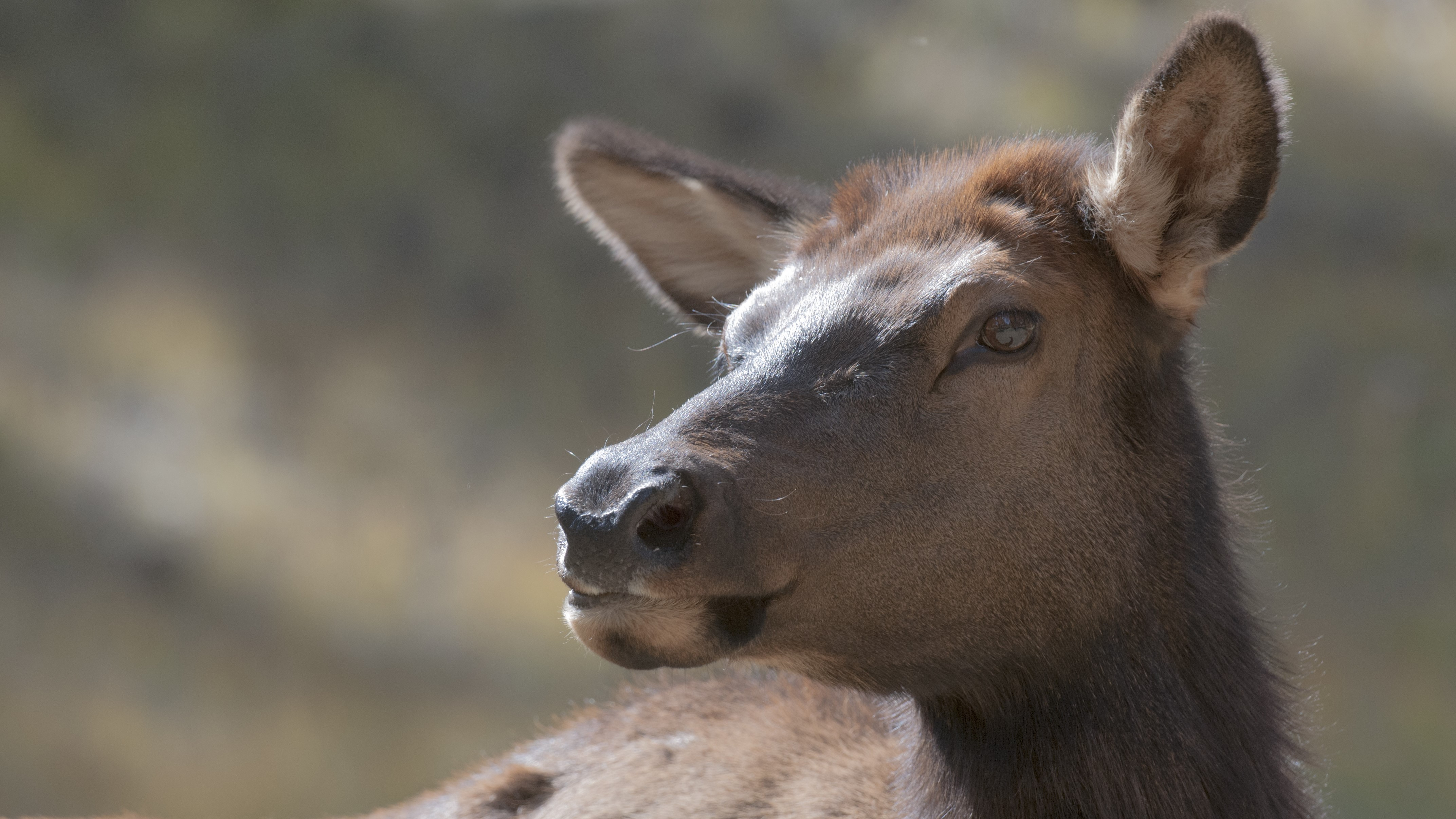Watch dim Rockies tourist discover that elk really do bite the hands that feed
Video shows why feeding wild animals in national parks is a very dumb and dangerous idea

All the latest inspiration, tips and guides to help you plan your next Advnture!
You are now subscribed
Your newsletter sign-up was successful
National Parks are not petting zoos, as one young tourist discovered when he nearly lost some fingers feeding a female elk in the Rocky Mountain National Park.
Of course, feeding wild animals in National Parks is a very dangerous idea, but some people’s parenting skills are severely lacking. Here the young boy’s parents / guardians / irresponsible adults not only watch happily as the youngster feeds the massive elk like he’s offering seeds to pigeons in Trafalgar Square, they’re actually filming the potential accident waiting to happen.
And so, of course, the elk bites back.
A post shared by @touronsofnationalparks
A photo posted by on
You can hear the boy yelp and he’s seriously lucky that he appears to have suffered no serious lasting injury.
The event was caught on camera by adventurer Sebastian Stonum – who posted the vid to touronsofnationalparks – and whose raised-eyebrow expresssion at the end of the video says it all.
The Rocky Mountains National Park has a large population of free-roaming wild animals, some of which are unpredictable and potentially dangerous. The park’s guidelines state that, “Approaching within 25 yards (23m) of any wild animal, including nesting birds, or within any distance that disturbs or interferes with their free movement or natural behavior is prohibited.”
Never feed wildlife
Perhaps one of the worst behaviors humans exhibit in the wild is feeding animals. Whether you think they’re just really hungry or you know it will help you get closer to them, it’s a terrible idea. Plus, animals aren’t meant to eat human food (and let's be honest, humans aren’t meant to eat a lot of human food) and doing so can make them sick. Furthermore, feeding animals over time can make them lose their natural survival instincts for hunting and gathering. As a result, when you’re not around to feed them, they can starve.
All the latest inspiration, tips and guides to help you plan your next Advnture!
If you’re camping, make sure to secure your food in your own bear canister or in the food storage lockers provided so as to not tempt wildlife to your campsite.
